Nonfiction and The Classroom Bookshelf
The teachers we work with have many questions: How do I learn about nonfiction books? How do I use a nonfiction picture book as a read aloud? Can my students really read a full-length nonfiction chapter book? Will they want to? Will I want to? The field of nonfiction literature, the term we prefer over “informational text,” has changed dramatically over the past decade. We find the nonfiction picture book to be a creative art form as well as a versatile teaching tool. Chapter-length nonfiction texts for the intermediate and middle grades are filled with wonderful models of engaging writing as well as models for conducting authentic research.
ADVERTISEMENT
ADVERTISEMENT
To kick-off another year of blogging, we are straying from our usual format in this entry to discuss nonfiction more specifically with you, revisit some of the nonfiction entries we have posted on The Classroom Bookshelf, and share with you some of our favorite resources for identifying nonfiction for children. We hope these resources and previous entries will help you incorporate more nonfiction into your curriculum and daily classroom life in the 2012-2013 school year.
What are the Subgenres of Nonfiction?
If you are unfamiliar with nonfiction, you may not have a language to talk about the genre. Below, you will find a “primer” of sorts on the subgenres of nonfiction that we think are most important to understand for classroom exploration. Why do we think this is important? We think that different types of nonfiction can play different roles within curriculum. In addition, the subgenre itself conveys some basic understanding of how information is going to be addressed within the texts. Students benefit from understanding what type of nonfiction they are reading from the start, because understanding the purpose of a book is a clue to the content it contains. Next, you will find links to previous Classroom Bookshelf entries that fall under these subgenres.
Survey Book: Survey books are the most common form of nonfiction book published and most likely the largest number of titles in your school library. Survey books tend to focus on one broad topic and break it down into a variety of subtopics. They do not go very in-depth with any of these topics, but they give the reader a general introduction. Survey books often have a noun as the title (think: Sharks or The American Revolution). Think of the survey book as a pair of binoculars. Binoculars help you see a range of things at a distance more closely. Survey books bring a broad topic a little closer to your students. Within your curriculum, a survey book can be used in small groups or whole class instruction to introduce a topic that you will study in-depth. It is rare, but not out of the question, for a survey book to lend itself to literature circles or read alouds. Most, but not all survey books, do not have to be read from cover to cover, so they are useful for doing research. Avid nonfiction readers often love to read survey books. But if you are looking to hook students on nonfiction who are unaccustomed to it, a specialized book might be more appealing. Survey books are published in both picture and chapter book format.
Concept Book: Concept books can sometimes be confused with survey books, because they too, can serve as an introduction to a topic. However, a concept book goes more deeply into one concept, abstract idea, or explanation of a particular category. For instance, life cycle books are concept books, as are nonfiction A-B-C and counting books that focus on teaching the concepts of letters and numbers. There are some nonfiction survey books that adopt the structure of an alphabet book or a counting book as a way to convey information within a structure. How do you tell the difference between a survey book and a concept book? Sometimes it’s tricky. If a book focuses on explaining a system of classification and why, it is more likely a concept book. If it is to give you a little bit of information about the subtopics within a larger category of information, then it’s a survey book. This isn’t an exact science, and the conversation around the books, amongst your teaching team and your students, is more important than the label. Concept books are more frequently written for babies, preschoolers and elementary grade students. For example, there are many board books for babies and toddlers that focus on introducing certain concepts or processes, like eating or going on a trip. There are science-related concept books for preschool and primary grade students, such as Vicki Cobb’s Science Play series, with titles like I Get Wet (2002) and I See Myself (2002). Concept books are a bit like microscopes. They magnify something very particular for specific exploration and study. They explore in-depth a single concept (or sometimes two or three), going “deep” rather than “broad.” Within your curriculum, concept books can be at the heart of exploration in science and sometimes social studies at well. While there are some chapter-length concept books, the majority seem to be published as picture books.
Biography, Memoir, Autobiography: Biography is most likely the subgenre of nonfiction with which you and your students are most familiar. The range of biographies published today is quite exciting, from picture book to chapter book, photo essay to graphic nonfiction. Some biographies are partial, and focus on one particular event in someone’s life, or one particular theme that resonates through a life. Others are complete (“cradle-to-grave”) and cover the entirety of someone’s life. Biographies are ideal for genre study in language arts or for individual or small group research on a historic or contemporary figure. Picture book biographies in the intermediate and middle grades also serve as wonderful introductions to a time period or a scientific concept, particularly as read alouds.
Specialized Nonfiction: Specialized nonfiction, as the name suggests, focuses deeply on a very specific event, situation, problem, etc. Specialized nonfiction may be what you and your students are least familiar with, only because there is so much nonfiction being published today on topics never before represented in books for children or young adults. For instance, Tonya Lee Stone’s Sibert Award-winning middle grade nonfiction Almost Astronauts examines the evaluation process for female candidates for the US space program in the 1960s (who knew?). Many authors are also making their own research, or the research process of their subjects, more visible within the text of specialized books. For example, The Scientists in the Field series of middle grade nonfiction highlights cutting-edge scientific research being done at present under the sea, in the polar regions, in remote tropical jungles, and in caves beneath our feet. Within the classroom, specialized books make marvelous choices for independent reading, if students can select the books most interesting for them. Specialized nonfiction is ideal for student research, and also for small and whole class exploration within units of study in science, social studies, the arts, and language arts. Specialized nonfiction also makes for wonderful read alouds as part of content-based units of study, as a mentor text for student research and writing, and for community-building within the classroom. We also encourage parents and children to read specialized nonfiction aloud together, to explore topics of interest to the whole family.
Nonfiction Entries from The Classroom Bookshelf
The Beetle Book
Written and Illustrated by Steve Jenkins
http://classroombookshelf.blogspot.com/2012/03/beetle-book.html
O’ Christmas Tree, Its History and Holiday Traditions
Written by Jacqueline Farmer and Illustrated by Joanne Friar
http://classroombookshelf.blogspot.com/2010/12/o-christmas-tree.html
Poetrees
Written and Illustrated by Douglas Florian
http://classroombookshelf.blogspot.com/2010/10/poetrees.html
Swirl by Swirl
Written by Joyce Sidman and Illustrated by Beth Krommes
http://classroombookshelf.blogspot.com/2011/09/swirl-by-swirl.html
Built to Last
Written and Illustrated by David Macaulay
http://classroombookshelf.blogspot.com/2011/03/built-to-last.html
ADVERTISEMENT
ADVERTISEMENT
Dave the Potter, Poet, Artist, Slave
Written by Laban Carrick Hill and Illustrated by Bryan Collier
http://classroombookshelf.blogspot.com/2011/02/2011-ala-coretta-scott-king-illustrator.html
Sugar Changed the World: A Story of Magic, Spice, Slavery, Freedom and Science
Written by Marc Aronson and Marina Budhos
http://classroombookshelf.blogspot.com/2010/11/sugar-changed-world.html
Kakapo Rescue: Saving the World’s Strangest Parrot
Written by Sy Montgomery Photography by Nic Bishop
http://classroombookshelf.blogspot.com/2011/02/2011-robert-f-sibert-award-for.html
Trapped
Online Resources To Help You Locate Nonfiction
Nonfiction Book Awards
National Council of Teachers of English (NCTE) Orbis Pictus Award for Outstanding Nonfiction for Children
http://www.ncte.org/awards/orbispictus
American Library Association (ALA) Robert F. Sibert Informational Book Medal
http://www.ala.org/ala/mgrps/divs/alsc/awardsgrants/bookmedia/sibertmedal/index.cfm
American Library Association (ALA) YALSA Award for Excellence in Nonfiction for Young Adults
http://www.ala.org/ala/mgrps/divs/yalsa/booklistsawards/nonfiction/nonfiction.cfm
Boston Globe – Horn Book Award (Nonfiction as Category)
http://archive.hbook.com/bghb/
Valuable Book Lists with Nonfiction Included
National Science Teachers Association (NSTA)- Children’s Book Council (CBC) Outstanding Science Trade Books
http://www.nsta.org/publications/ostb/
National Council of Teachers of Social Studies (NCSS) – Children’s Book Council (CBC) Notable Trade Books for Young People
http://www.socialstudies.org/resources/notable
Cooperative Children’s Book Center: Bibliographies (Nonfiction and Other Genres)
http://www.education.wisc.edu/ccbc/books/detailLists.asp?idBookListCat=7
New School Library Journal Column: Nonfiction Booktalker
http://www.slj.com/category/opinion/nonfiction-booktalker/
Blogs About Nonfiction
Interesting Nonfiction for Kids (INK) Blog
http://inkrethink.blogspot.com/
The Uncommon Corps
http://www.nonfictionandthecommoncore.blogspot.com/
Filed under: Classroom & Curricular Ideas, Nonfiction
About Mary Ann Cappiello
Mary Ann is a professor of language and literacy at Lesley University. A former public school language arts and humanities teacher, she is a passionate advocate for and commentator on children’s books. Mary Ann is the co-author of Teaching with Text Sets (2013) and Teaching to Complexity (2015) and Text Sets in Action: Pathways Through Content Area Literacy (Stenhouse, 2021). She has been a guest on public radio and a consultant to public television. From 2015-2018, Mary Ann was a member of the National Council of Teachers of English's Orbis Pictus Award for Outstanding Nonfiction (K-8) Committee, serving two years as chair.
ADVERTISEMENT
ADVERTISEMENT
SLJ Blog Network
Happy Poem in Your Pocket Day!
This Q&A is Going Exactly As Planned: A Talk with Tao Nyeu About Her Latest Book
More Geronimo Stilton Graphic Novels Coming from Papercutz | News
Parsing Religion in Public Schools
Environmental Mystery for Middle Grade Readers, a guest post by Rae Chalmers
ADVERTISEMENT

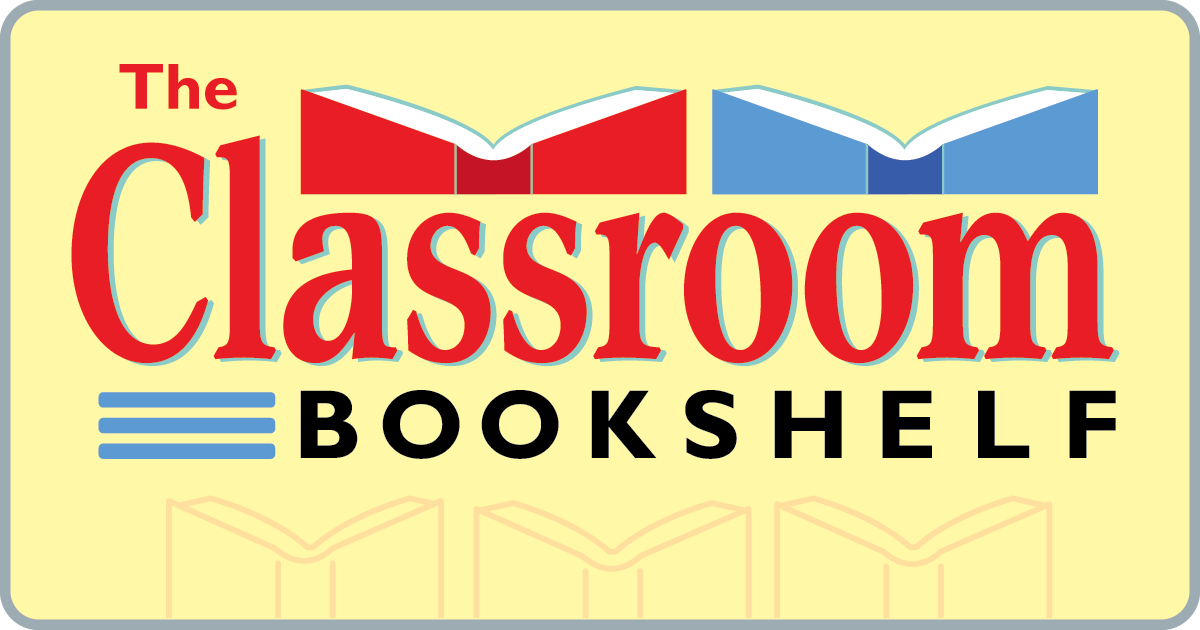






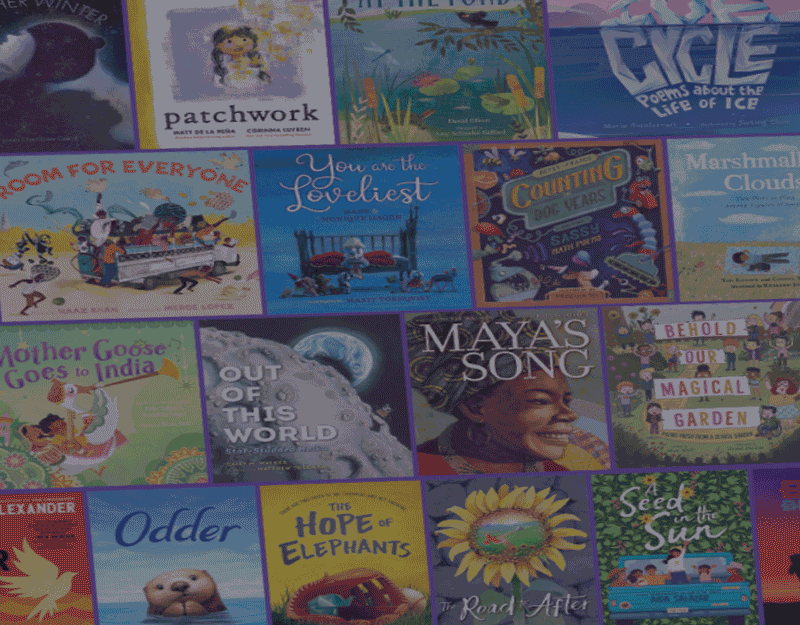
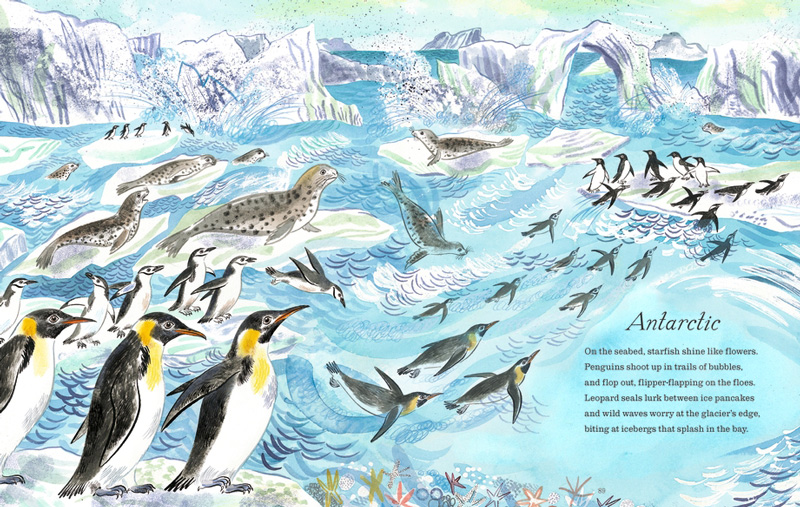
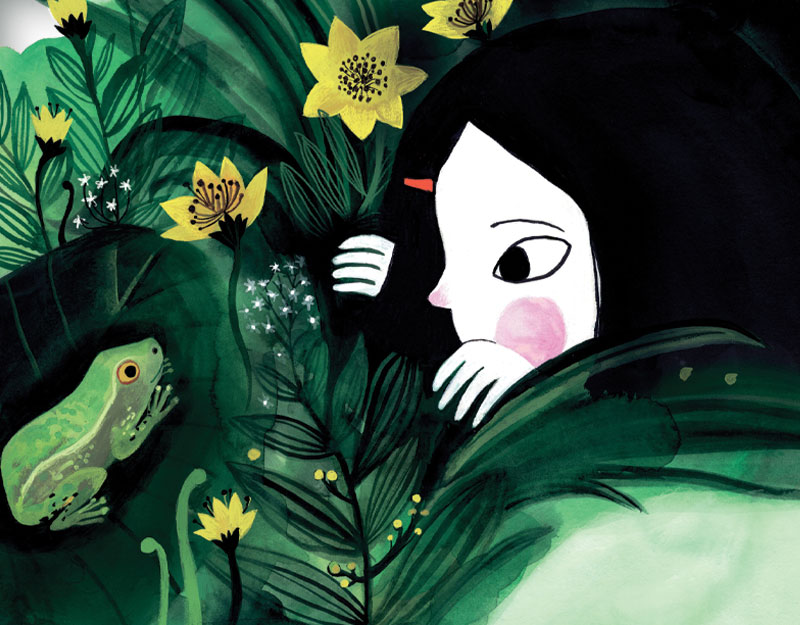
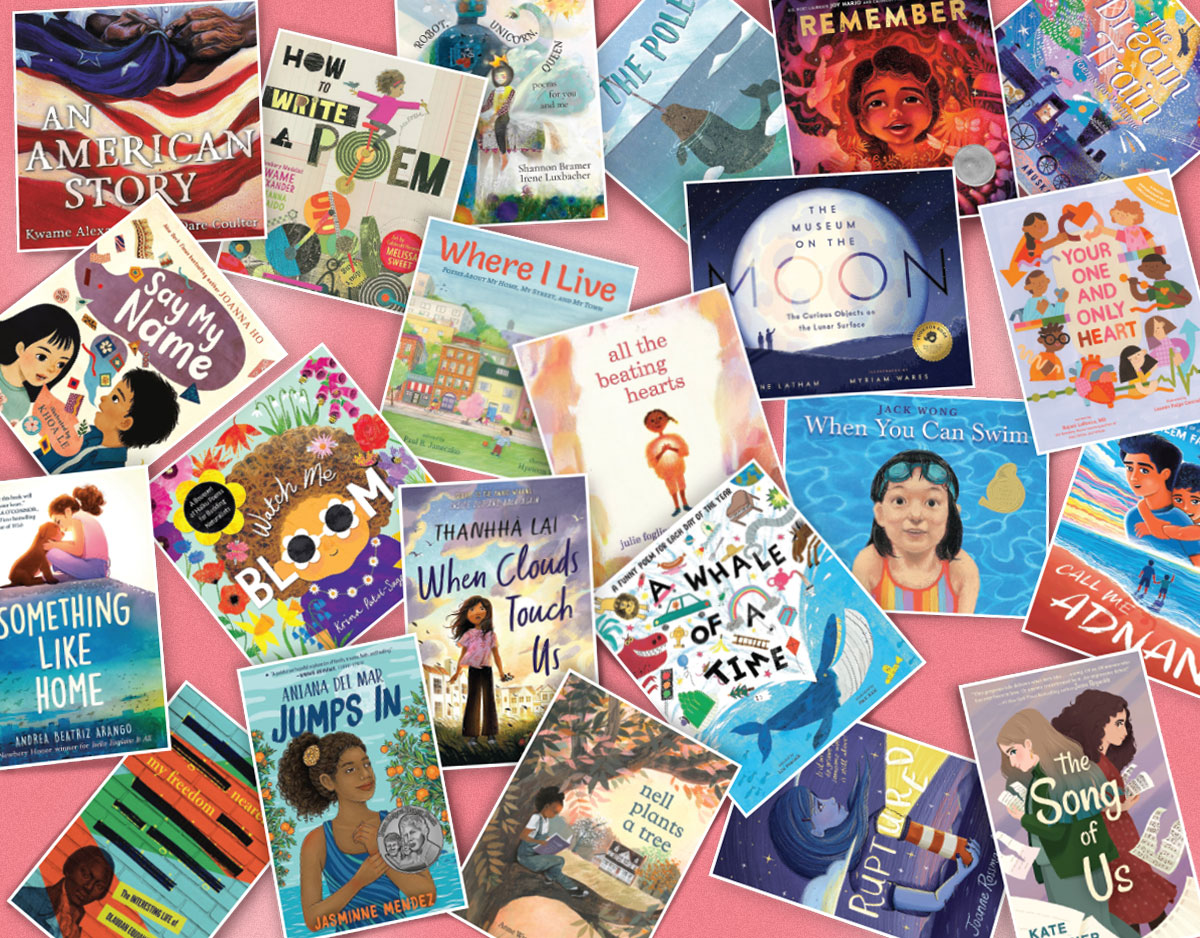
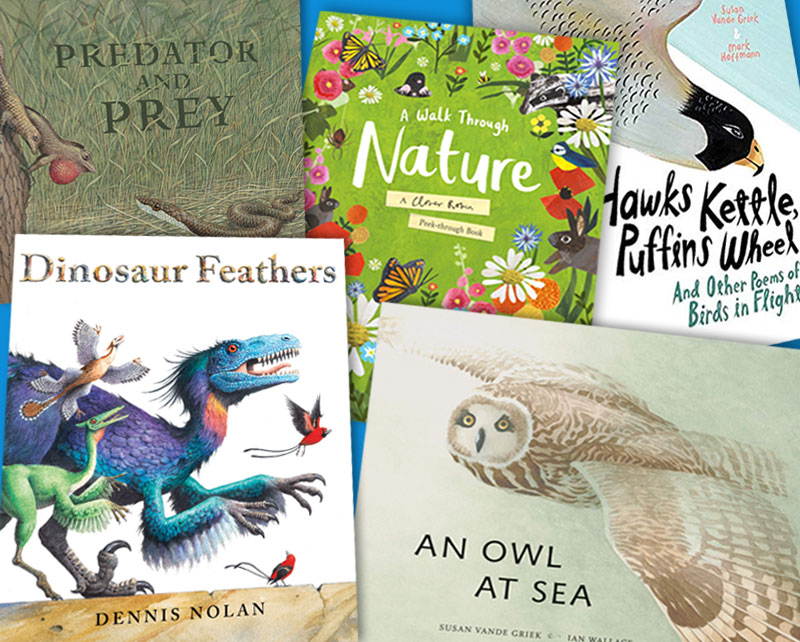
Hooray!! The school year must really be starting now, with a brand-new and excellent post on my favorite literature blog. Welcome back, everyone.
I attended an incredibly informative conference on the Common Core this summer. The recommendations and information you've provided here is a terrific reinforcement of the great material I learned there.
Looking forward to seeing you soon.
Fantastic resources! Thank you so much.
I'd also like to recommend another blog, The Nonfiction Detectives
http://www.nonfictiondetectives.com/
They review a wide range of interesting books for children
nice